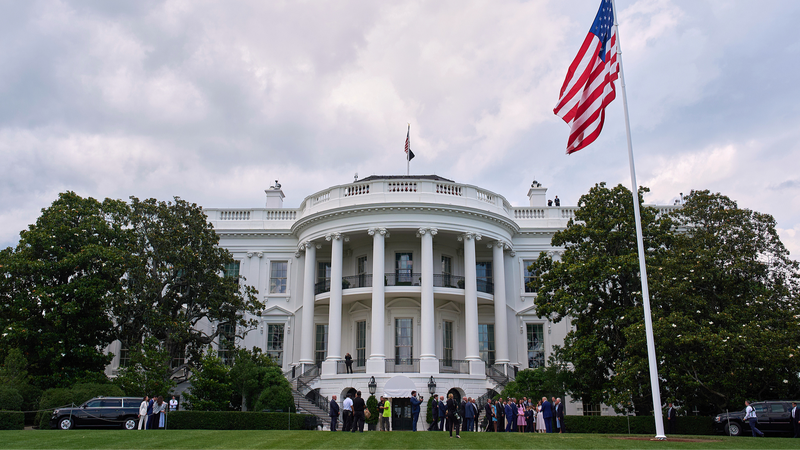In a move reminiscent of Cold War-era tactics, the US has stepped up measures that critics say echo McCarthyism, targeting Chinese nationals in academia and technology.
The Boomerang of Suspicion
Late last month, the US State Department announced an "aggressive" plan to revoke visas of Chinese students with alleged ties to the Communist Party of China (CPC) or enrolled in sensitive fields. The announcement, delivered without clear definitions or evidence, left many students and universities scrambling for answers. Although the policy was later paused, visa applications and social media profiles remain under strict vetting.
Tech Sector in the Crosshairs
The shadow of suspicion extends beyond campuses. A sweeping ban on electronic design automation (EDA) software sales to the Chinese mainland underscores US efforts to curb China’s tech ambitions. Observers warn that restricting cutting-edge tools could stifle innovation on both sides of the Pacific.
Politics Meets Everyday Life
From TikTok to Shein parcels, and even Xinjiang cotton, lawmakers in Washington view Chinese-linked platforms and products through a political lens. State-funded think tanks release critical reports, conservative media amplify their findings, and members of Congress introduce bills that package public concern into policy proposals.
A New Red Scare?
As any connection to communism once spelled trouble in 1950s America, today an association with China can trigger bans and blacklists. For students, entrepreneurs, and global travelers, the resurgent "Red Scare" raises questions about open exchange, academic freedom, and the future of global collaboration.
Whether these tactics will backfire, chilling dialogue and cooperation, remains to be seen. But one thing is clear: suspicion is tumbling boomerang-style right back at the US.
Reference(s):
cgtn.com




